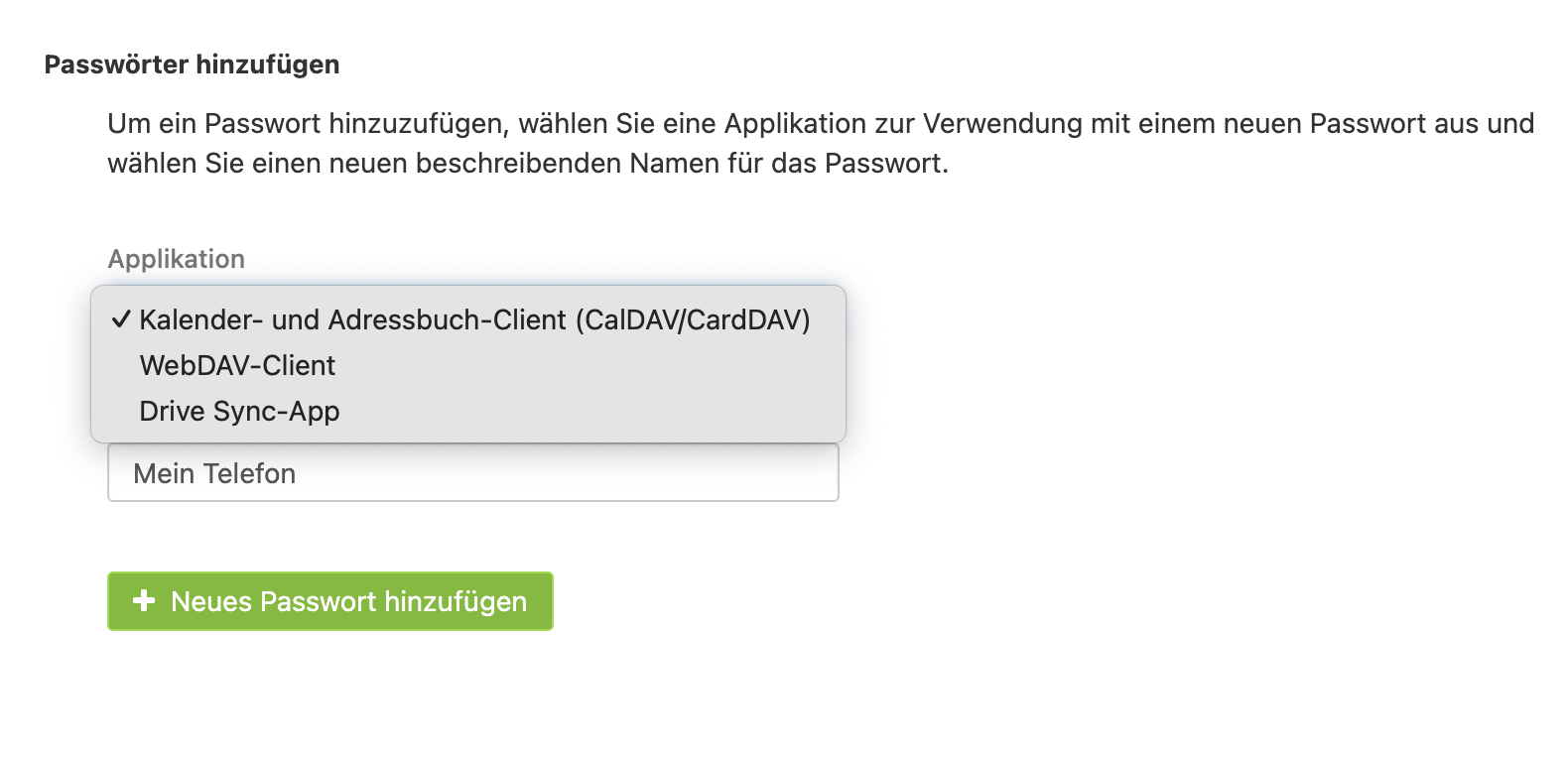Just needing some spare time to test this - T14(s) is in the focus here. Thanks for the info! 😀
oliver
No connection to my initial question here - don't care of preinstalled systems anyway as they're wiped anyway after purchase. 😉
That's my impression as well - the hardware is there but due to different reasons, there won't be an experience like Apple had with the Silicon-SoCs paired with their own OS. That much potential unused ATM, sadly.
Currently aiming at a second-gen T14s to partly do the switch - there are many technical differences but it could be a good start waiting for Snapdragon to be fully embraced by the main distros.
Asahi looks quite great but is limited up to the M2, hence still lacking Thunderbolt and Touch ID-support. This would be the best way and I like the idea behind the project. Needs some time though.
That could be an option - thanks for sharing your thoughts. I am currently with an M4 MacBook Air and am preparing for a possible switch sometimes in the future. Have been using an old HP EliteBook G4 as second device so I know the look and feel, but something in the Lenovo-style paired with something ARM-based would be perfect. Fedora works fine out of the box so the system itself wouldn't be the problem - rather the technical base underneath.
Yes, preferably. Ubuntu seems to support ARM in the latest edition quite well but comparing the issues Windows has with all those non Intel-/AMD-based devices, there seems to be a long road to travel yet.
Usually this would be the case but when you got used to runtime and performance, going to standard Intel-books is quite a step backwards. I love the effiency of ARM-based hardware, the runtime and (compared to the Air) the fanless design and was already aiming at a used T14s with 11th gen i5 - okay for the start, but in terms of specs there are quite huge differences. That's what makes it getting complicated 😀 !
Unfortunately that it is not that easy - the Intel-ones up to 2018 were no problem and Asahi supports up to M2 with some limitations: https://asahilinux.org/fedora/#device-support
They're currently rolling out this feature, starting with the login, you can now create app passwords für IMAP, DAV and the sync-client. Don't know if it's just for new users or when existing users are transferred but I recently noticed that something has changed to the positive.

Got it and understand your thoughts, but putting Lenovo aside, is there any other recommendable vendor? Of course there can be any backdoor everywhere and yes, TPM is one factor that can be compromised these days, but which company to trust then? I know that there was some stuff on preinstalled devices from China (various smaller, cheaper vendors) even two or three years ago (compromised Windows, told to be an "accident", but considering this, you cannot trust any vendor at all. Apart from that, Lenovo is just an example because I like the look and the haptics of the devices since the stuff was still label with "IBM" some decades ago. Thanks for your thoughts anyway!